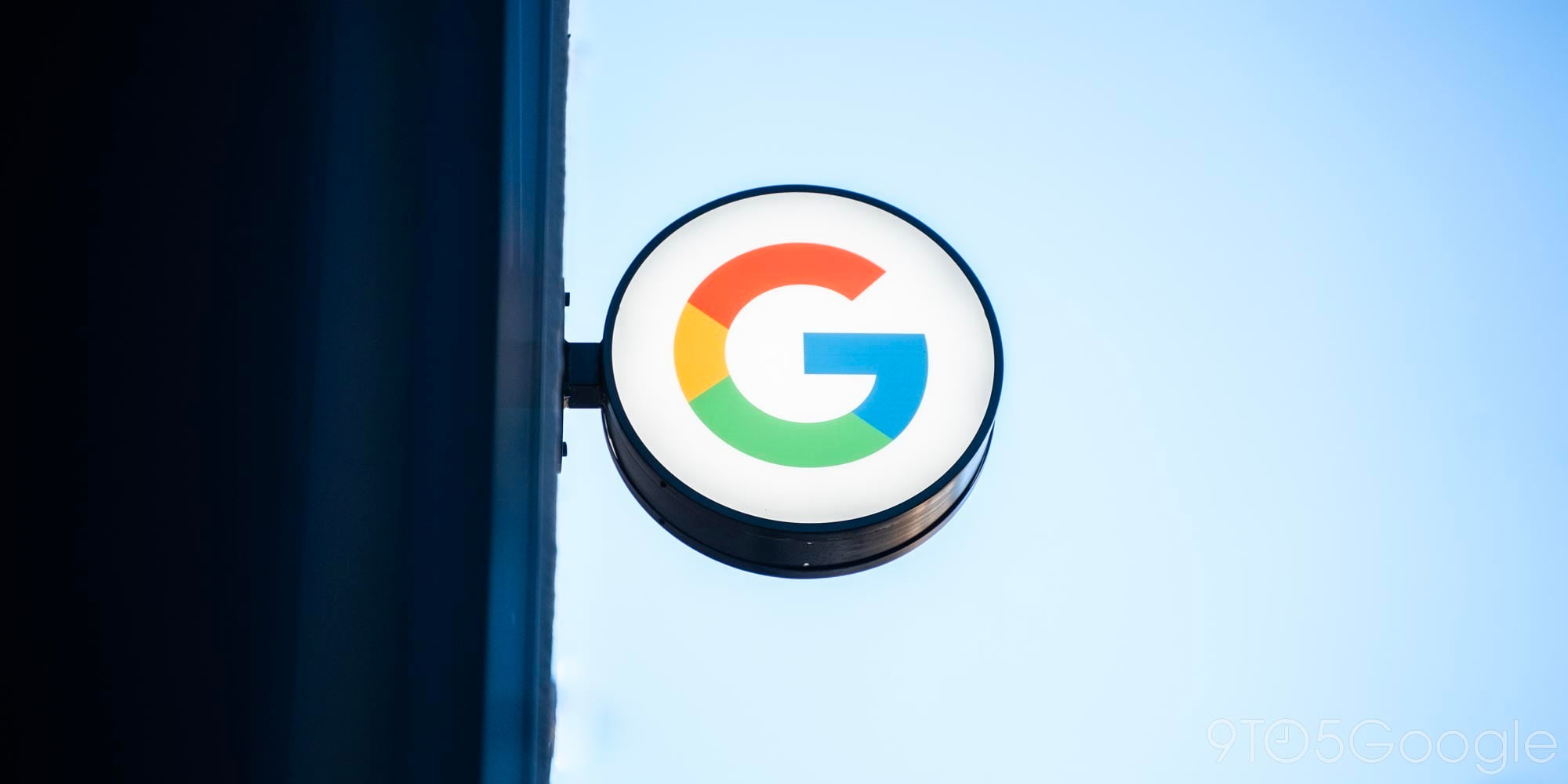

In what may be taken as some dreadful news to long-time fans of Cyanogen’s work in the custom Android-based ROM space, the group has today announced a partnership with Microsoft to pre-install many of the Redmond company’s consumer-facing apps on its mobile OS…
Under the partnership, Cyanogen will integrate and distribute Microsoft’s consumer apps and services across core categories, including productivity, messaging, utilities, and cloud-based services. As part of this collaboration, Microsoft will create native integrations on Cyanogen OS, enabling a powerful new class of experiences.
Many apps across various categories are about to make their way to Cyanogen OS under the partnership, including Bing services, Skype, OneDrive, OneNote, Outlook, and Microsoft Office. In return for pre-installing them, Cyanogen’s OS will get “native integrations” with Microsoft’s services, which will create a “new class of experiences.”
“People around the world use Cyanogen’s operating system and popular Microsoft services to engage with what matters most to them on their mobile devices,” said Kirt McMaster, CEO of Cyanogen Inc. “This exciting partnership with Microsoft will enable us to bring new kinds of integrated services to mobile users in markets around the world.”
There’s no specific timeline as for when these integrations will be coming to Cyanogen OS, with the company simply offering a broad goal of “later this year.” Rather than eagerly anticipating this date, though, many Android enthusiasts are probably dreading it. Microsoft’s consumer apps are popular with a minority of users and will probably just end up being bloatware for most.
Microsoft’s recent attempts at invasion into Android haven’t been all too popular.
Update: We reached out to Cyanogen for answers to some questions about this upcoming partnership, and they’ve come back to reassure us that this might not be as dreadful of an announcement as it may seem.
First of all, the company says that the apps will indeed be removable. “Users will be able to remove apps they don’t want to use,” a Cyanogen representative told us. “Cyanogen OS is designed to be an open platform, and customers ultimately decide what apps they want as their defaults.”
Secondly, it looks like the Microsoft apps will be making their way to devices in a variety of ways, but Cyanogen says they’ll appear contextually. “Given the different handset manufacturers, distribution methods, and carriers, there is more than one way this can show up, but Microsoft apps will be surfaced contextually and will always be downloadable,” the company told us.
And finally, Cyanogen confirmed to us that it has no plans to bring the apps to CyanogenMod. “CyanogenMod is open source and community built. No plans.”
Overall, it looks like the Microsoft apps may very well be a nuisance for some, but they’ll be just that. If you want to remove them, you can. And if you’re a long-time user of CyanogenMod, you have nothing to worry about.
Cyanogen Announces Strategic Partnership with Microsoft
Cyanogen Open OS Platform to Offer Microsoft Services Later this Year
Palo Alto, CA. — April 16, 2015 — Cyanogen Inc. and Microsoft Corp. announced a partnership to integrate popular Microsoft services across the Cyanogen Operating System. With offices in Palo Alto and Seattle, Cyanogen is a leading mobile operating system company that is evolving the Android platform to create a more open, level playing field for third-party developed apps and services.
Under the partnership, Cyanogen will integrate and distribute Microsoft’s consumer apps and services across core categories, including productivity, messaging, utilities, and cloud-based services. As part of this collaboration, Microsoft will create native integrations on Cyanogen OS, enabling a powerful new class of experiences.
“People around the world use Cyanogen’s operating system and popular Microsoft services to engage with what matters most to them on their mobile devices,” said Kirt McMaster, CEO of Cyanogen Inc. “This exciting partnership with Microsoft will enable us to bring new kinds of integrated services to mobile users in markets around the world.”
“We aspire to have our tools within arm’s reach of everyone, to empower them in all aspects of their lives. This partnership represents another important step towards that ambition,” said Peggy Johnson, Executive Vice President of Microsoft Corp. “We’ll continue to deliver world-class experiences across productivity and communications on Windows, and we’re delighted that Cyanogen users will soon be able to take advantage of those same powerful services.”
The distribution arrangement includes a number of Microsoft services: Bing services, Skype, OneDrive, OneNote, Outlook, and Microsoft Office.
###
About Cyanogen Inc.
Cyanogen is reimagining mobile computing, giving power to the people to customize their mobile device and content experiences. The CYANOGEN® operating system is built on Android and known for its revolutionary personalization features, intuitive interface, speed, improved battery life, and enhanced security. With a rapidly growing global user base and a vibrant community of developers, we’re intelligently connecting smartphone and tablet consumers to people, apps, and things they love. For more information, visit Cyanogen’s website, Google+, Twitter, and Facebook.
FTC: We use income earning auto affiliate links. More.




Comments